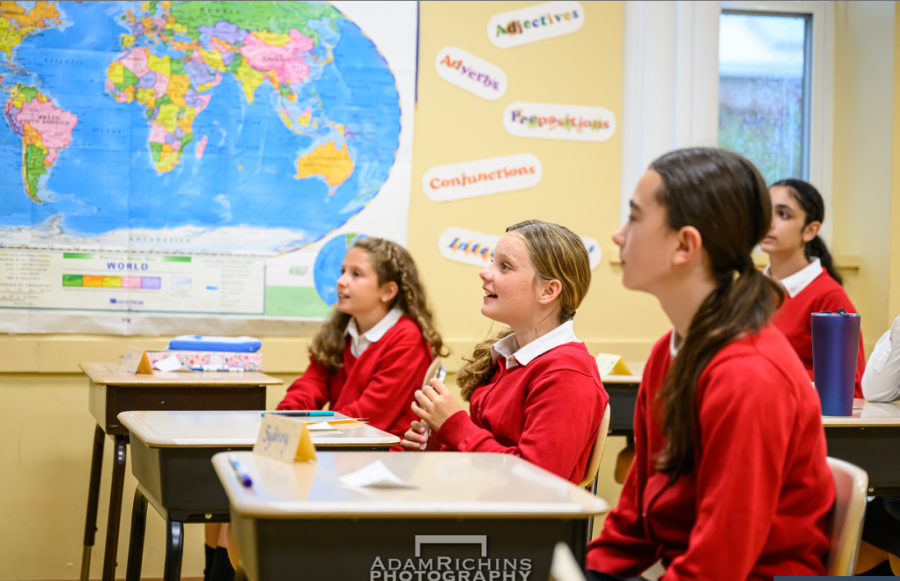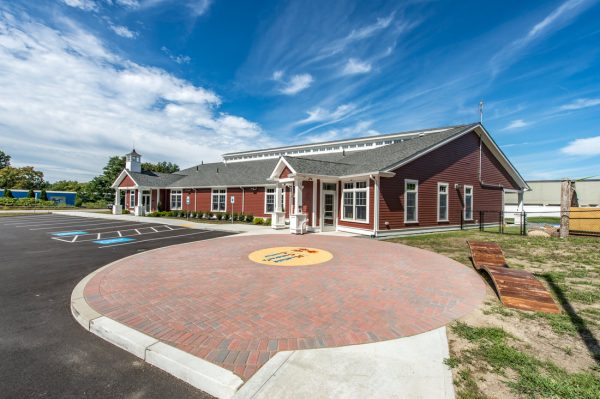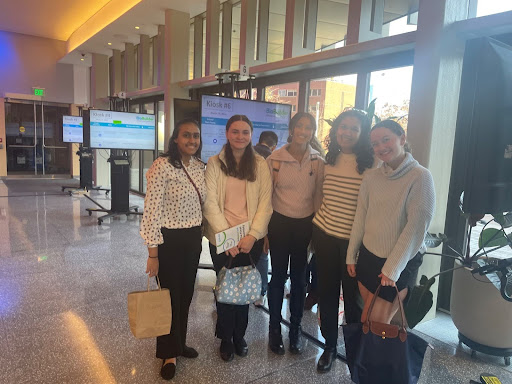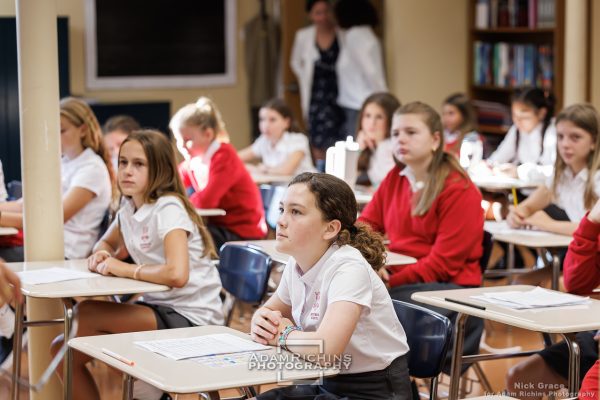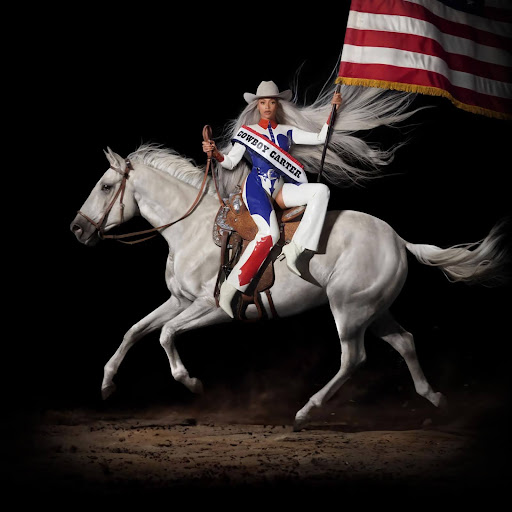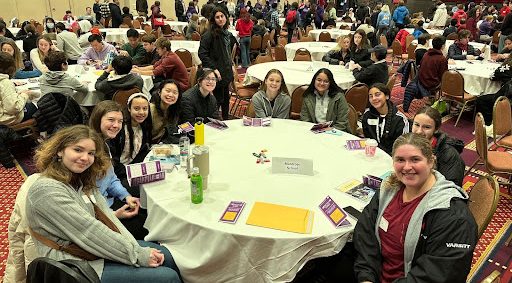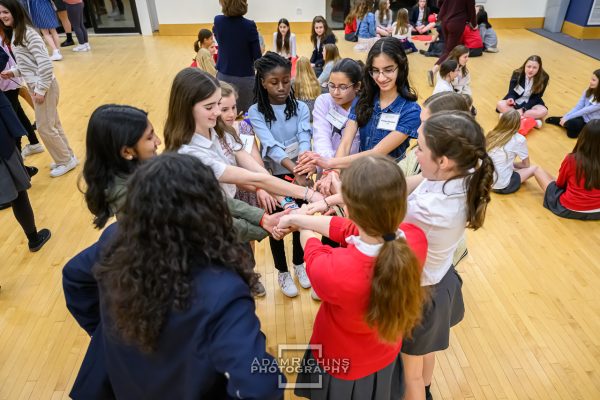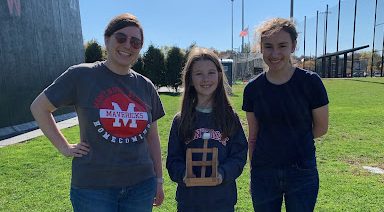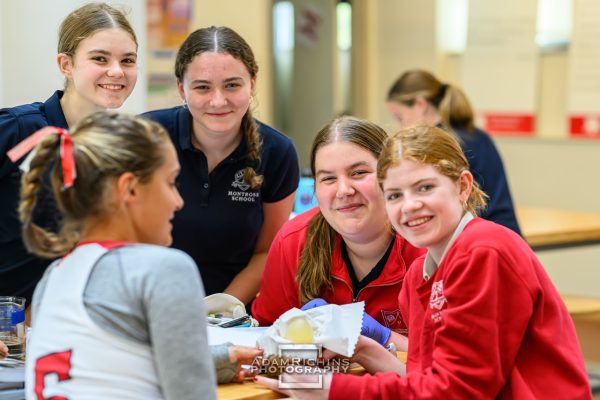Character & Curriculum: A Glance at Montrose’s Upper School Theology
The 6th Graders, as they enjoy one of their many theological discussions.
Montrose prides itself on Habits of Mind, Heart, and Character – for a good reason. Inspired by the teachings of the Catholic Church, Montrose aims to inspire greatness in its students (and it does!) The Upper School theology curriculum greatly adds to the development of its students as a whole. These snippets of the classes below explore what the class is and how it relates to character building.
Theology 9: Salvation History: Who is God and what is His plan?
This course explores the Bible, analyzing the relationships and covenants between God and His chosen people in the Old Testament. Connections are made between the Old and New Testament, revealing to us how they work with each other to unveil truths, all in different ways. Towards the end of the year, the focus shifts to the New Testament, analyzing the life of Christ and of Christians.
This course adds to the development of students because it teaches them how to cultivate good friendships and how to live as a Christian. God’s relationships with His chosen people serve as a model for how to love unconditionally, but also to realize what kind of love that is. St.Thomas Aquinas defines love as willing the good of another person, which can happen from far away. The realization of loving from a distance becomes a helpful model, especially for teens. The application of the Old and New Testament relationships can help students discern how to live as Christians through Jesus’s example and how to have good relationships with others.
Theology 10: The Church in the Modern World: Who is Jesus and what is His Church?
This course is a study of the effects of salvation on our world. Connections between Jesus’s relevance to us and to society are made as well as how society and religion are affected by the Church as a whole. Towards the end of the year, it becomes a precursor to Theology/Philosophy 11 as “Mere Christianity” by CS Lewis is read philosophically.
This course adds to the development of students because it teaches them who Jesus is and His effect on society and culture. This course builds on Theology 9, going into more depth on who God is as a person and drawing on His example. By learning an example of how to live and live well without the philosophical aspect behind it, this course creates an understanding of virtues and what they mean in the modern world. The virtues add to the development of character because it demonstrates the best way to live, virtuously.
Theology/Philosophy 11: Embracing Big Questions and the Ethics of Human Flourishing
This course is essentially the first part of Capstone (Theology/Philosophy 12). In the first half of the year, all of the readings are read in a philosophical mindset. In the second half of the year, a switch is made to read from a religious perspective. All of the readings are from ancient and classical philosophers on how to best live a life of purpose.
This course adds to the development of students because it teaches them how to use both religion and reason in search for truth. It also educates students on how to live, drawing on the knowledge of Classical and Christian philosophers in the search for justice, truth, and friendship. The philosophers write about virtues and what they believe the definition of that specific virtue is. By a deeper look at the basis of virtue and discerning the best way to live through virtues, students develop their character and are able to teach it to others through example.
Theology/Philosophy 12: Capstone – Embracing Big Questions and the Ethics of Human Flourishing Part II
This course completes the signature Montrose education with a Capstone project presentation at the end of the year. Ethics is introduced into a philosophical and religious mindset as seniors read modern philosophers and answer the questions, “What is the best way to live?” and “What does it mean to be human?”. Both Classical and Christian philosophers are studied. The capstone project culminates differently for each senior, either a 15 page paper or 20 minute presentation and a Q&A session is given on the social crisis which she has chosen. The principles studied are applied to this particular crisis and how to explore every side of an issue before offering a solution.
This course adds to the development of students because of the cultivation of the curriculum as a whole. Every theology course has built up to the capstone, the final component of a Montrose education. The development of virtues, relationships, and ethics help each senior to discern a social crisis that she is interested in. Her Montrose education gives her the tools to go to the root of the problem and explore every side before forming an opinion. She is given the education and skills needed to go forth into the world and apply these principles, learned over the years, to help others.
By Anya Marino ’24, Staff Writer

